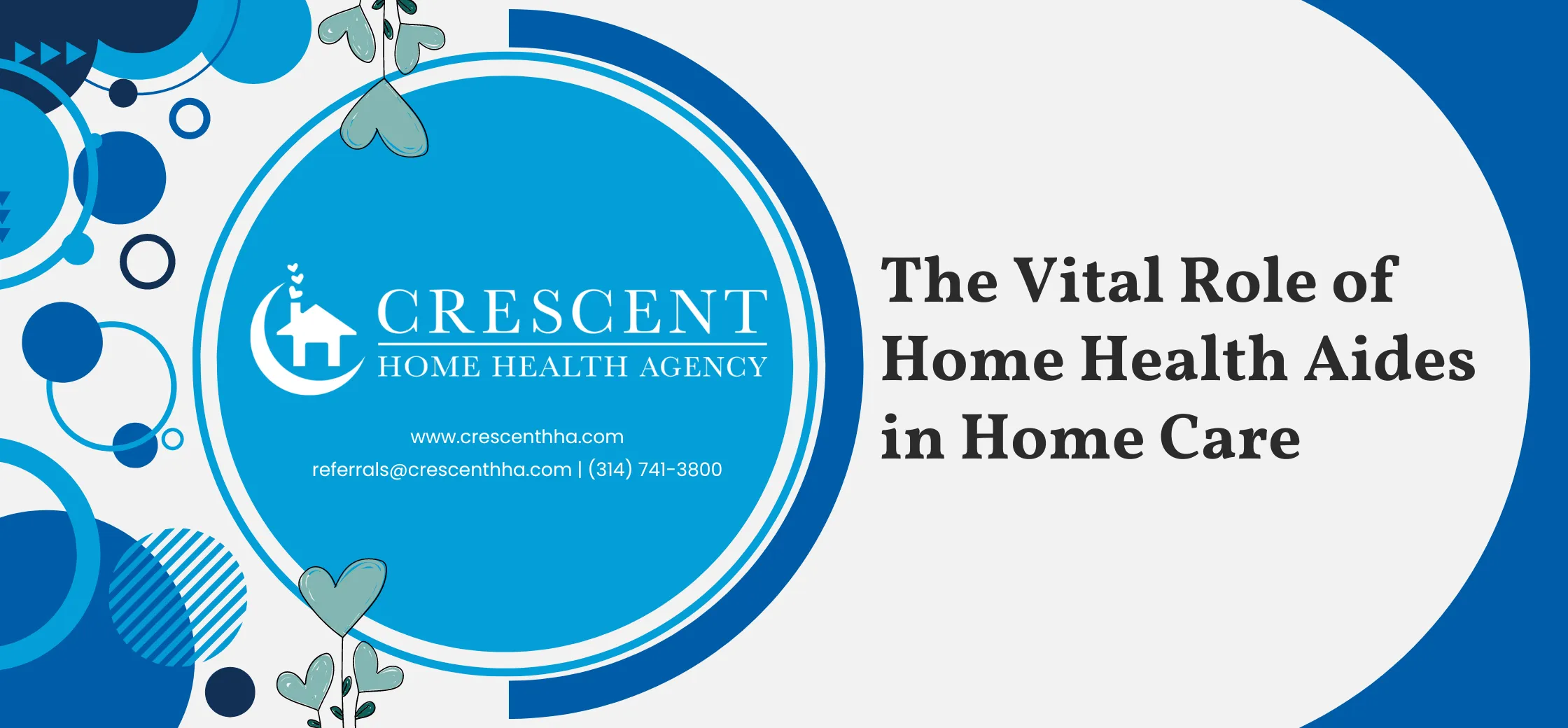Home health aides are an integral part of the home care industry, providing essential services that enable individuals to live independently and comfortably in their own homes. They offer a range of non-medical support services, which are crucial for clients who need assistance with daily activities but do not require skilled medical care.
Understanding the Role of Home Health Aides
What Do Home Health Aides Do?
Home health aides provide a variety of non-medical care services that are vital for the well-being of their clients. Their duties typically include:
- Personal Care: Assisting clients with activities such as bathing, dressing, grooming, and other personal hygiene tasks.
- Meal Preparation: Preparing nutritious meals that meet the dietary needs and preferences of the client.
- Medication Reminders: Ensuring clients take their medications as prescribed, although they do not administer medications themselves.
- Light Housekeeping: Performing tasks such as cleaning, laundry, and other household chores to maintain a safe and comfortable living environment.
- Companionship: Providing social interaction and emotional support, which is particularly important for clients who may feel isolated.
Key Benefits of Home Health Aides
1. Enhanced Quality of Life
One of the primary benefits of having a home health aide is the significant improvement in the client’s quality of life. By assisting with daily activities, home health aides enable clients to maintain their routines and live more comfortably. This support can reduce stress and improve mental and emotional well-being.
2. Increased Independence
Home health aides play a crucial role in helping clients maintain their independence. By providing just the right amount of assistance, they allow clients to perform tasks on their own as much as possible. This approach helps clients feel more self-sufficient and confident in their abilities.
3. Personalized Care
Each client has unique needs and preferences, and home health aides tailor their services accordingly. This personalized care ensures that clients receive the specific support they need, enhancing the effectiveness of the care provided. Home health aides can adjust their care plans based on the client’s daily routines and special requirements.
4. Safety and Comfort
Home health aides contribute significantly to the safety and comfort of their clients. They help prevent accidents by assisting with mobility and ensuring that the home environment is safe. This support is especially important for seniors and individuals with limited mobility, who are at a higher risk of falls and other accidents.
5. Emotional and Social Support
In addition to practical assistance, home health aides provide companionship and emotional support. They build strong, trusting relationships with their clients, offering social interaction that can reduce feelings of loneliness and isolation. This emotional support is crucial for the overall well-being of clients, particularly those who live alone.
Choosing the Right Home Health Aide Provider
Selecting a reputable provider for home health aide services is essential for ensuring high-quality care. Crescent Home Health Agency offers comprehensive non-skilled home care services designed to meet the unique needs of each client. Their team of dedicated home health aides is committed to delivering personalized and compassionate care.
Conclusion
Home health aides play a vital role in the home care industry, providing essential support that enhances the quality of life for clients. By offering personalized care, ensuring safety, and providing companionship, they help clients maintain their independence and well-being. Choosing a reliable provider like Crescent Home Health Agency ensures that clients receive the best possible care in the comfort of their own homes.For more information about the role of home health aides, visit the Crescent Home Health Agency Google business profile for client reviews and additional details about their services.


